Flowing Femininity
The One Who Knows
In Eglė Davidaviče’s deeply personal film, the exploration of self-acceptance is intrinsically connected with community.
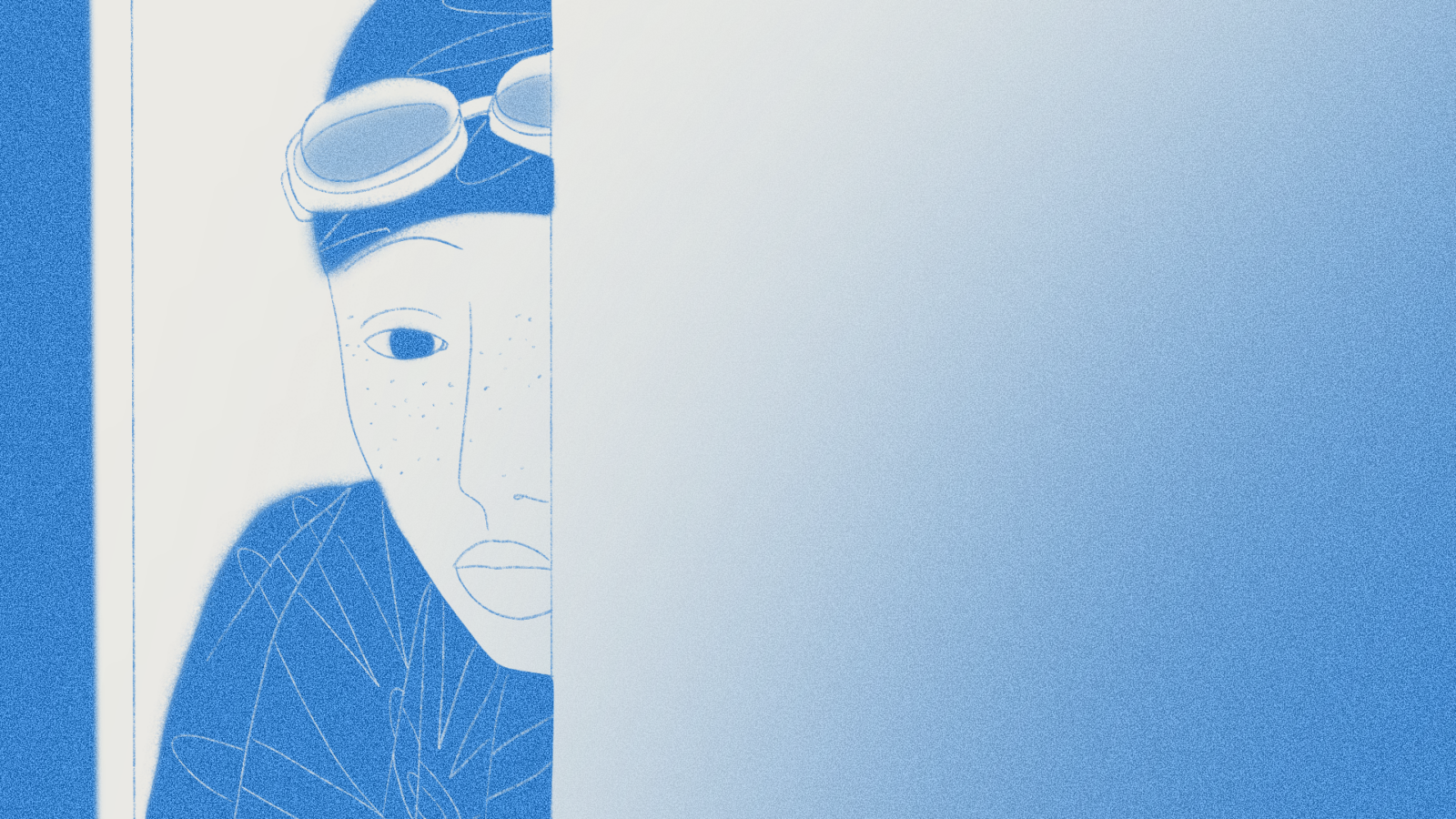
Many of us feel uncomfortable discussing our weaknesses. Denying reality and hiding the truth might be easier to convince ourselves we’re not insecure, but a sustainable solution it is not. Lithuanian animation director Eglė Davidavičė’s moving graduation film taps into our collective headspace by paying tribute to all of us who are still in denial, more precisely, the women who have faced the universal struggle of self-acceptance.
After its premiere at this year’s Kino Pavasaris – Vilnius International Film Festival and subsequent win for Best Lithuanian Short Film, The One Who Knows continued its lucky streak at the 2ANNAS Riga International Short Film Festival, where it received the newly created Emerging Critics’ Choice Award for Best Baltic Short Film for its “artistic nimbleness” and “symbolic acceptance of femininity”.
In The One Who Knows, Ūla is an introverted and anxious teenager who enjoys swimming. Her biggest insecurity is a bright blue birthmark on her back. She feels shy and uncomfortable among other girls in the swimming pool locker room—they all look spotless. This physical “flaw” pivots into anxiety and shame, an experience that unfortunately can be shared among many women, especially young girls. Parts of society might have started to celebrate different body types, but most of us still feel insecure in our own skin.
The world of the film can be divided into two stylistic and semantic counterparts: the pool against the jungle. The former represents reality, characterised by an overly regular, geometric perspective of sterile white spaces, textured blue shapes, and a precise blue line. The latter is a dream—almost scarily dark and adorned with alluring pops of wild colour. It is here, amidst misty and beclouded plants, shapes, and animals, that the young protagonist learns to see herself anew.
Davidavičė introduces surreality to offer a path to acceptance. Once Ūla enters the sauna and sees naked women around her, the animation changes from mostly blue hues and a white background to a dark space, where each woman is drawn in varying bright colours. Here, they feel liberated to dance naked without shame or judgment, and Ūla eventually joins in.
The mythological imagery (grass snakes, crackling bonfire, nude bodies participating in a mesmerising ritual dance) and folklore-inspired score refer to an ancient notion of femininity where matriarchy was the dominant cultural organisation, which was the case in Old Europe. Lithuanian archaeologist Marija Gimbutas also noted that these cultures worshipped goddesses—putting women at the centre of both life and religion.
Davidavičė draws from these myths and adapts them for a modern audience. Today’s young girls are encouraged to reflect and tap into the ancestral notion of femininity to embrace themselves. The surreal sequence shows the sisterhood Ūla experiences once she enters the sauna and participates in a trance-inducing ritual with fellow women who struggle with similar insecurities and fears. For a moment, Ūla lets go and becomes a child again—literally and figuratively. When the dream and the film end, Ūla has at least started to be kinder to herself and her peers; accepting oneself is intrinsically connected with fellowship and community.
The ideas of body image and (re)birth are also present in Davidaviče’s previous work: My Birth (2017) is a journey into the fear of an unknown wilderness while Combing (2019) meditates on personal relationships. The One Who Knows differs, though, in its graphic qualities and use of space. The highly textured, explorative feel of Davidaviče’s first films is replaced here by crispness and control. The build of the characters is now restrained and anatomically informed, and the filmic world generally follows a clear logic.
That is not to say the film is “realistic” throughout its twelve-minute runtime. The imaginary often counters the real: an emblematic feature of animation that holds the ability to make the most outlandish absurdities seem commonplace. In Davidaviče’s jungle, there is no need for common sense: objects change shape, size, and age. The scene is guided by a visceral subconsciousness, climaxing in the rebirth of Ūla.
Write about what you know: with that credo in mind, Davidaviče’s film is a deeply personal exploration of the self. The mechanics of human perception are an inexhaustible source of inspiration, especially interesting to the young, those just becoming aware of it. Introspection and analysis are imperative for interacting with the world and learning to accept our ever-changing selves.
Egle Davidaviče’s sensitive filmography illustrates the never-ending work-in-progress that is life. The One Who Knows offers a hopeful insight: choosing our trajectory is up to us because perfection does not exist—only change.


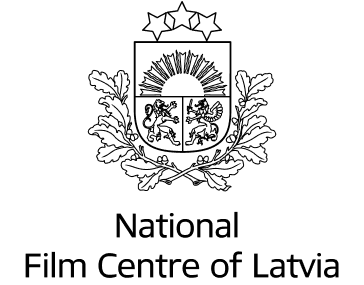
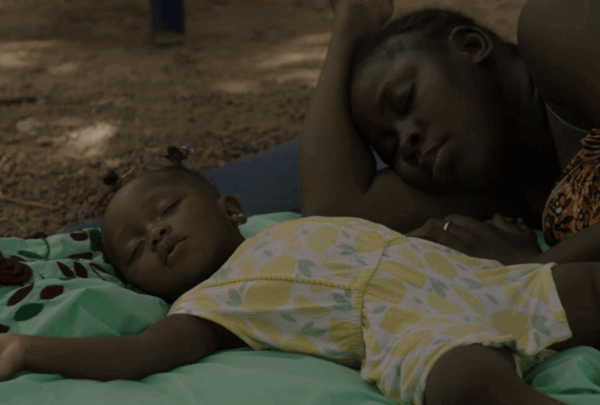
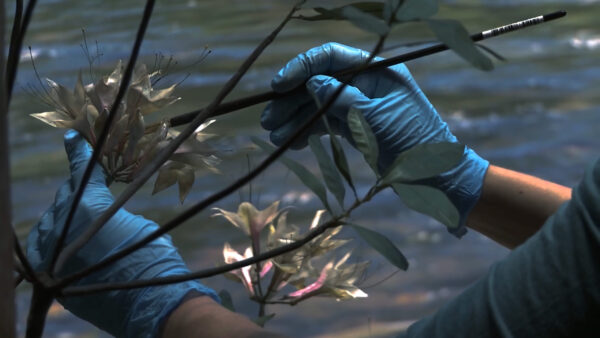
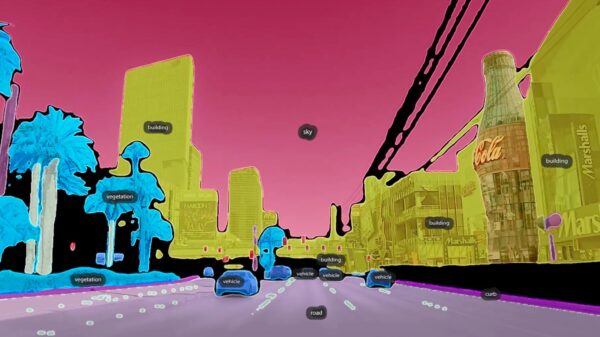

There are no comments yet, be the first!